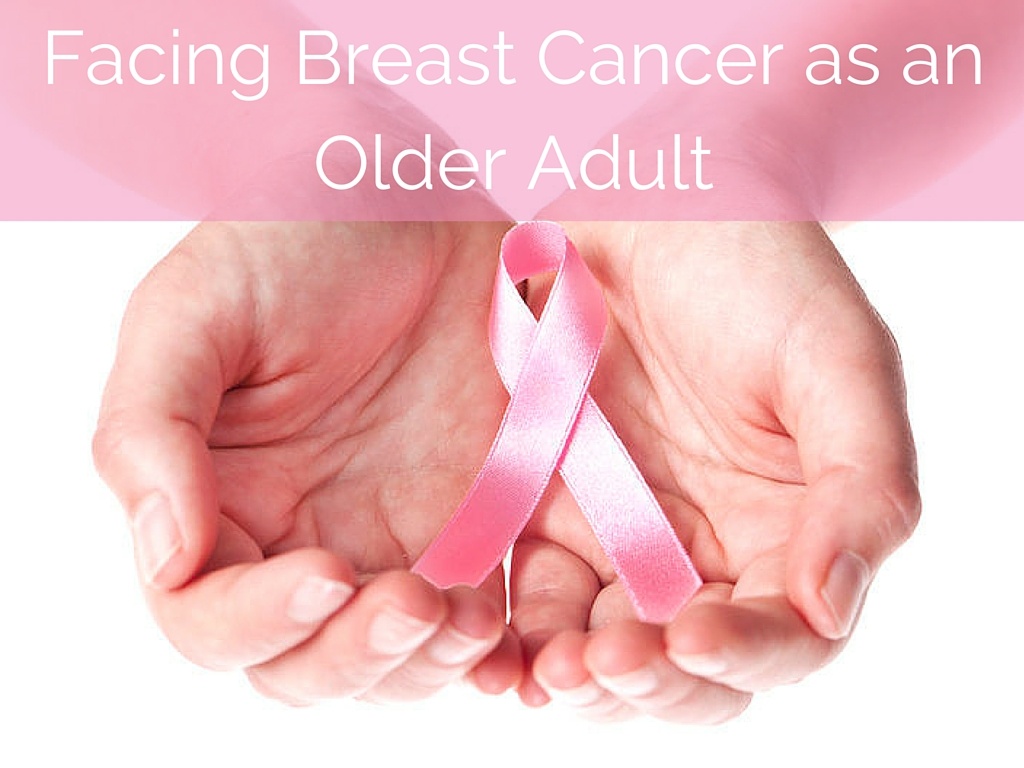
While breast cancer may be a major health risk for older women, the bare statistics can be misleading. It is true that cancer of the breast is the most prevalent form of cancer after lung cancer. It is also true that it is the second most common cancer in women, and it is true that a woman's risk of breast cancer increases with age. But none of those facts should scare you as it is also true that there are more comprehensive screening tests, for all types of cancer, and more effective treatment options than there were even a few years ago.
Changing Guidelines
For decades, medical professionals have advised women to perform monthly self-exams, to schedule regular mammograms and to insist on periodic screening by their physicians. While most those recommendations are still valid, recommendations for prevention and detection are constantly being revised. Some of the breast cancer screening guidelines for both seniors and younger women were altered in 2009 and are currently being revised once again to represent the most recent scientific data.
As these guidelines are meant for health care professionals, however, they should in no way alter the ways in which you discuss your concerns or communicate symptoms to your own physician. The best advice for detecting any type of cancer will come from your own doctor.
Treatment Has Changed as Well
It is not only the detection of breast cancer that has evolved over the years. Radical mastectomies that were once the norm for treatment are now rarely performed. Women (and men) have far better options for treatment and recovery. The bright spot in all cancer discussions is that, with early detection, approximately 98 percent of women go on to beat breast cancer and live healthy and productive lives as cancer survivors.
The astounding reversal of what was once considered a terminal illness stems from better education, better screening and better treatment. It also can be, at least partially, attributed to better senior health care overall and a more comprehensive approach to wellness. Older women today are more cognizant of lifestyle choices that provide health benefits, including a balanced diet, proper rest and exercise, an upbeat attitude, and a "hands on" approach to health and wellness.
New Research, New Findings
Cancer, as you probably already know, is an umbrella term for a group of varied ailments that are similar in some ways and very different in others. All involve abnormal cell growth and may metastasize (i.e. spread) to other parts of the body. There is some evidence that points to cancer as a metabolic disease, and research is ongoing. Although no certain cures have been found since President Richard Nixon declared a "war on cancer" 40 years ago, treatment has improved and the mortality rates from cancer have steadily decreased.
While most treatment is fairly straightforward, things can get a little complicated for older adults who are also being treated for other preexisting health problems. Chemotherapy and radiation, two of the most effective cancer treatments, can be especially difficult for seniors with other chronic conditions, weakened immune systems and heart problems. Rigorous treatment schedules are physically exhausting and emotionally draining, and possible drug interactions might be a concern, but despite this, treatment is no less effective for older patients.
Dealing with a Diagnosis
While any illness or health condition has its own trials, cancer can be particularly worrisome for aging adults. Knowing the facts and scheduling those regular recommended exams are the best way to allay any fears. Develop an honest and trusting relationship with a primary care physician, be vigilant in monitoring your own health, and don't give in to unnecessary worries. Your chances for a long and healthy life have never been better.












